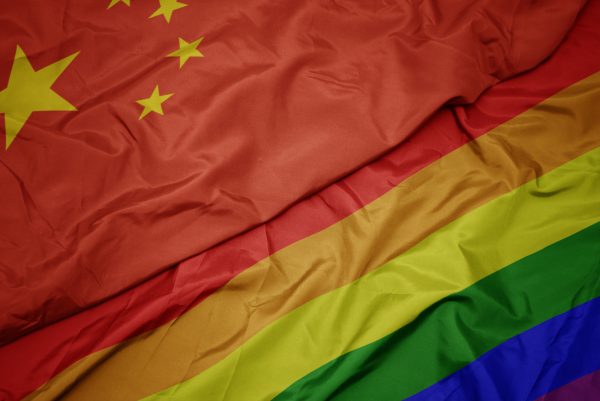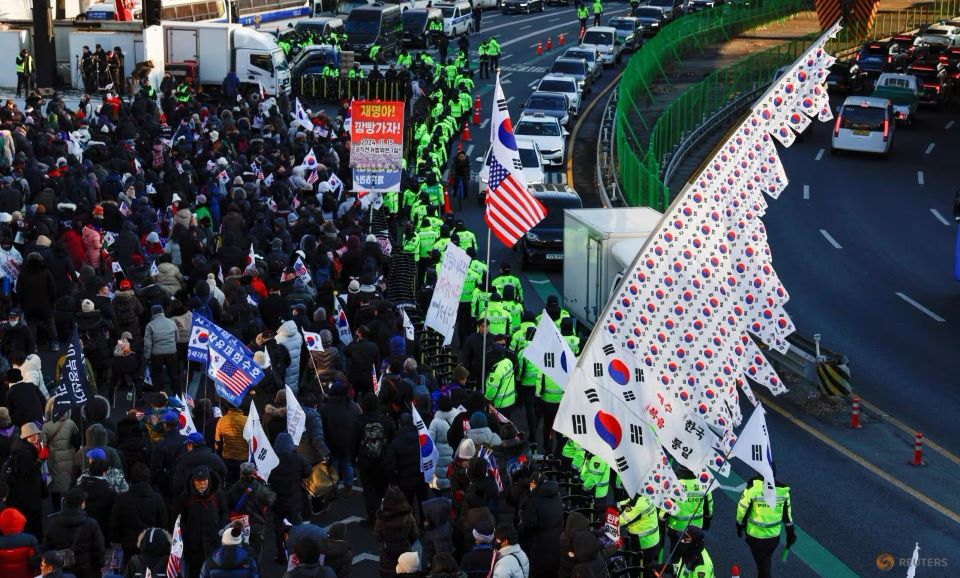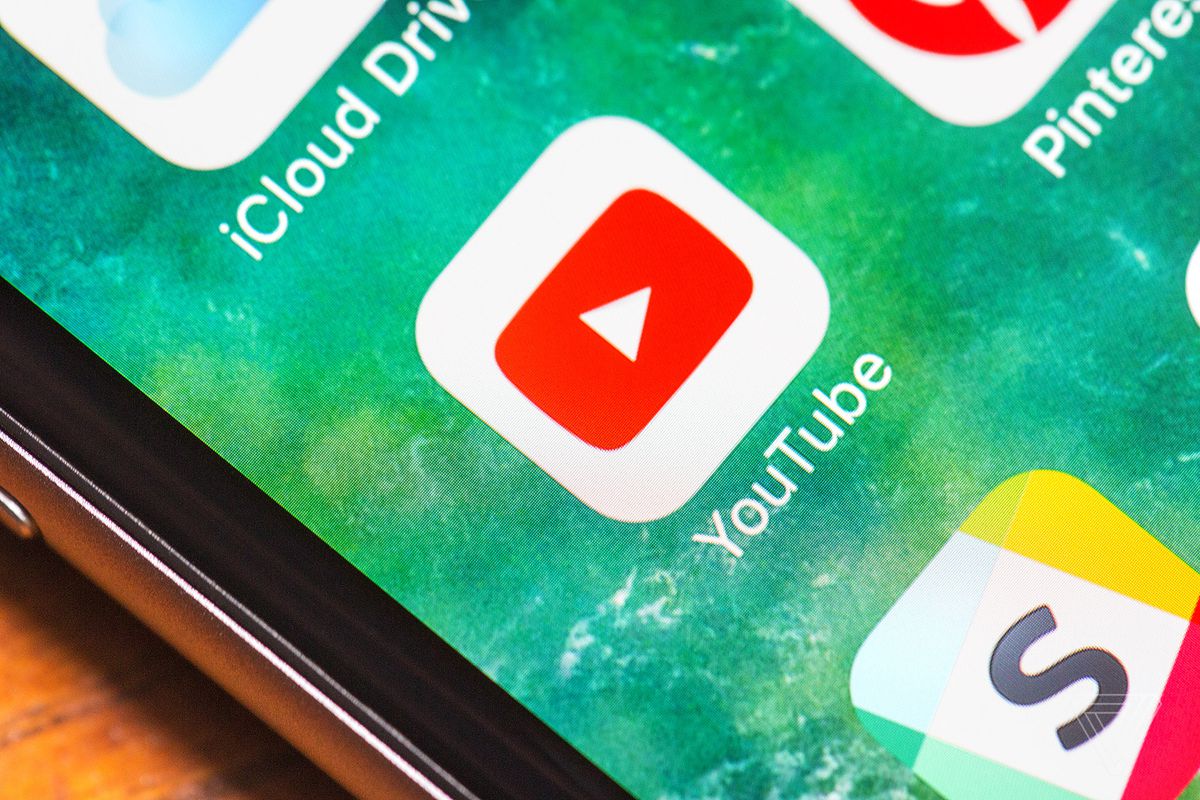In August, shortly after arriving at Yale as a visiting scholar from China, I watched “Pray Away,” a documentary about the “ex-gay” movement in the United States. In a clip from an old talk show, an “ex-gay” spokesperson tells the audience, “We’re just saying that, if you want to change, there is a way to do it.”
As a gay man and activist, this message was deeply familiar to me. Just days before, a mother in China had called me in distress after finding out her son was gay. I have received innumerable calls like hers since 2008 when I founded China’s Parents, Families, and Friends of Lesbians and Gays (PFLAG), an organization dedicated to helping parents become more affirming of their LGBTQ children. The journey to acceptance is usually slow and difficult, and this mother, like most parents at first, was more intent on changing her son than herself.
Unintentionally echoing the “ex-gay” spokesperson, she told me, “As long as one is determined, one can change.” She maintained that if her son could “just stay far away from those people,” he could return to being “normal.”
This episode and my time in the United States has reminded me that despite the many differences between the United States and China, anti-LGBTQ rhetoric in each follows a similar logic: Being gay or trans is a “lifestyle.” Youth need to be protected from being “misled.” One’s sexual orientation or gender identity can be “corrected.” Indeed, many such ideas were born in the West and later brought to China.
Unfortunately, this notion that being gay or trans is like a contagion that needs to be contained or cured, after years of retreat, has regrouped and is on the march again. We see this in the rise of “Don’t Say Gay” in the United States and in the development of analogous — though more sweeping — policies in China.
In China, new national standards classify online content related to “sexual orientations” and “gender identities” that are “different from most people” as “harmful” to youth. These standards came on the heels of bans in the entertainment industry targeting “sissy men” and stories with hints of same-sex romance, the closure of dozens of social media accounts of LGBTQ student groups and the disciplining of student advocates, greater censorship of LGBTQ stories in media, the disbanding of several LGBTQ advocacy groups, and severe restrictions on the activities of the groups that remain.
With LGBTQ expression and advocacy being pushed out of the public sphere, discrimination and pseudoscience are reoccupying the field, leaving the LGBTQ community, especially youth, more vulnerable. For example, last year, a local education bureau in southern China awarded a middle school guidance counselor for a case study about the treatment of a student who was “situationally gay” (meaning that the student was not “truly” gay but was only temporarily so due to social circumstances). The counselor explained that one reason for becoming gay is “having contact with gay groups while growing up.”
In September, a gay college student in Shandong committed suicide after being bullied by a homophobic school administrator. Social media accounts that criticized the school for what happened were suspended.
Nationalists in China, smelling an opportunity, have used LGBTQ issues to whip up fear and fervor. They fret loudly that gays weaken the nation because they are not manly enough to fight against foreign enemies. They accuse the LGBTQ community of being susceptible to manipulation by foreign forces who will use them to destabilize society. And, even though more and more LGBTQ people in China are creating families, they get blamed for China’s worsening demographic crisis and ushering in the death of the nation.
These nationalists could find much in common with outgoing U.S. Congressman Madison Cawthorn, who lamented about “soft metrosexuals” and whether men will “let this nation’s next generation be its final generation” — though Cawthorn did once vow to “seize every Chinese asset in America.”
This points to something quite ironic: While purveyors of moral panic in the United States have called LGBTQ History Month a “left-wing social experiment” and pray to “save America from homosexuality,” keyboard warriors in China have declared that “capitalist decadence” and U.S. imperialism “cannot be allowed to influence our youth” by exposing them to LGBTQ-related information. At least these two groups of self-styled patriots — who are often itching to fight each other — can agree on one thing: “don’t say gay.”
These two groups of “Don’t Say Gay” adherents have something else in common too: They will ultimately fail. In China, the aspirations of LGBTQ people have grown too large for us to be pushed back into the closet to live on others’ terms. We seek to live our own lives and realize our own dreams, and have built the knowledge, resources, and networks to support each other in this pursuit.
And, as more LGBTQ people have come out, we have taught more people that they have LGBTQ family, friends, colleagues, classmates, neighbors, students, and teachers – we are all around and an integral part of the community. From parents to policymakers, we have found allies at every level and in every sector. Younger generations, having grown up with LGBTQ friends, are much more supportive than their predecessors. It is perhaps a testament to the power of our engagement that others are now doubling down on trying to stifle it.
So, no matter how much we are told not to say gay or trans or bi, we will keep speaking up and reaching out. We will keep finding ways to support each other and share stories about our lives and our love. No action is too small – every message, every conversation, every new ally counts. It will be difficult, but over time more and more people will stand by our side. I am confident in this because my years of working with the parents of LGBTQ children have taught me that authentic human connection melts away fear.












.jpg&h=630&w=1200&q=100&v=5f99a4b43f&c=1)







Discussion about this post